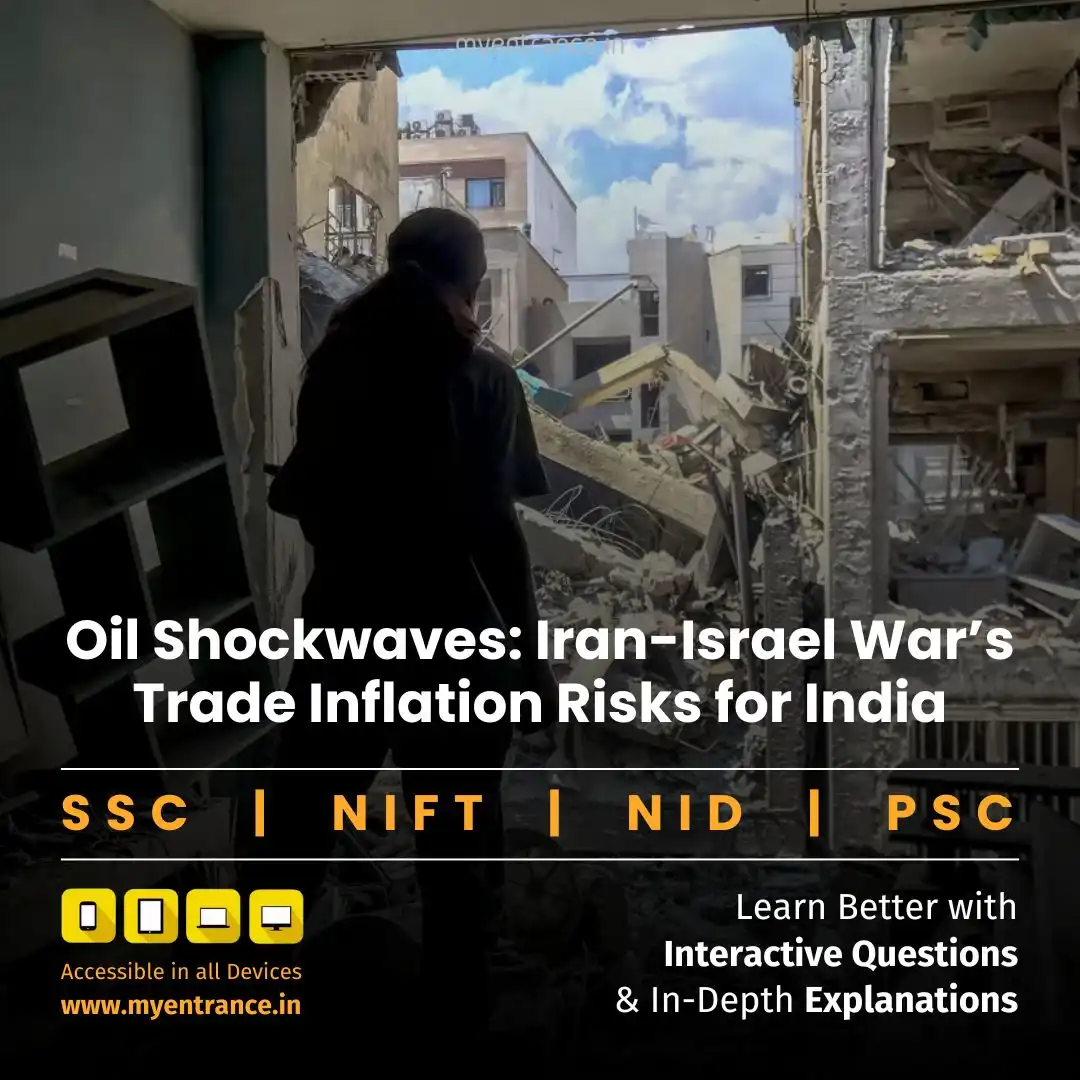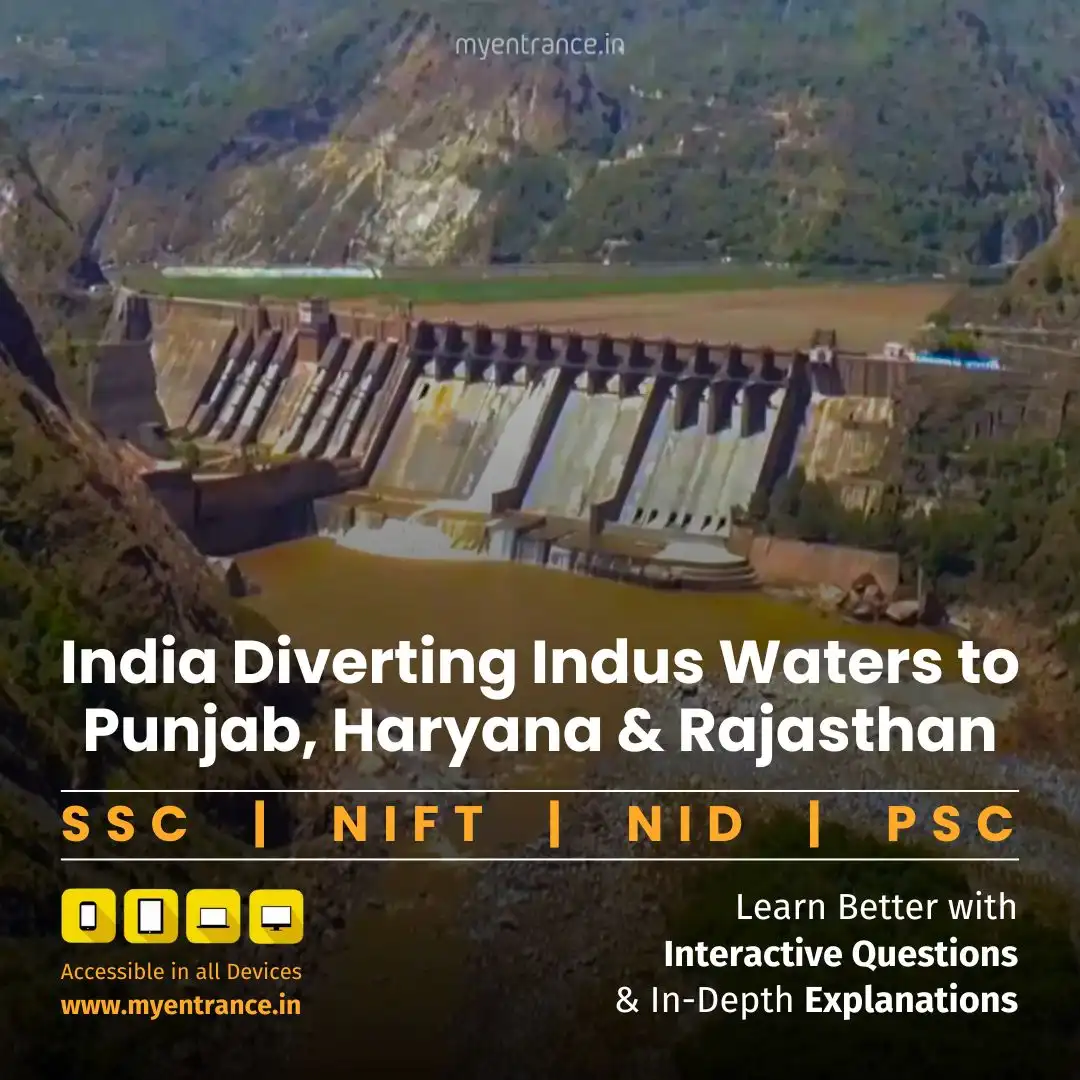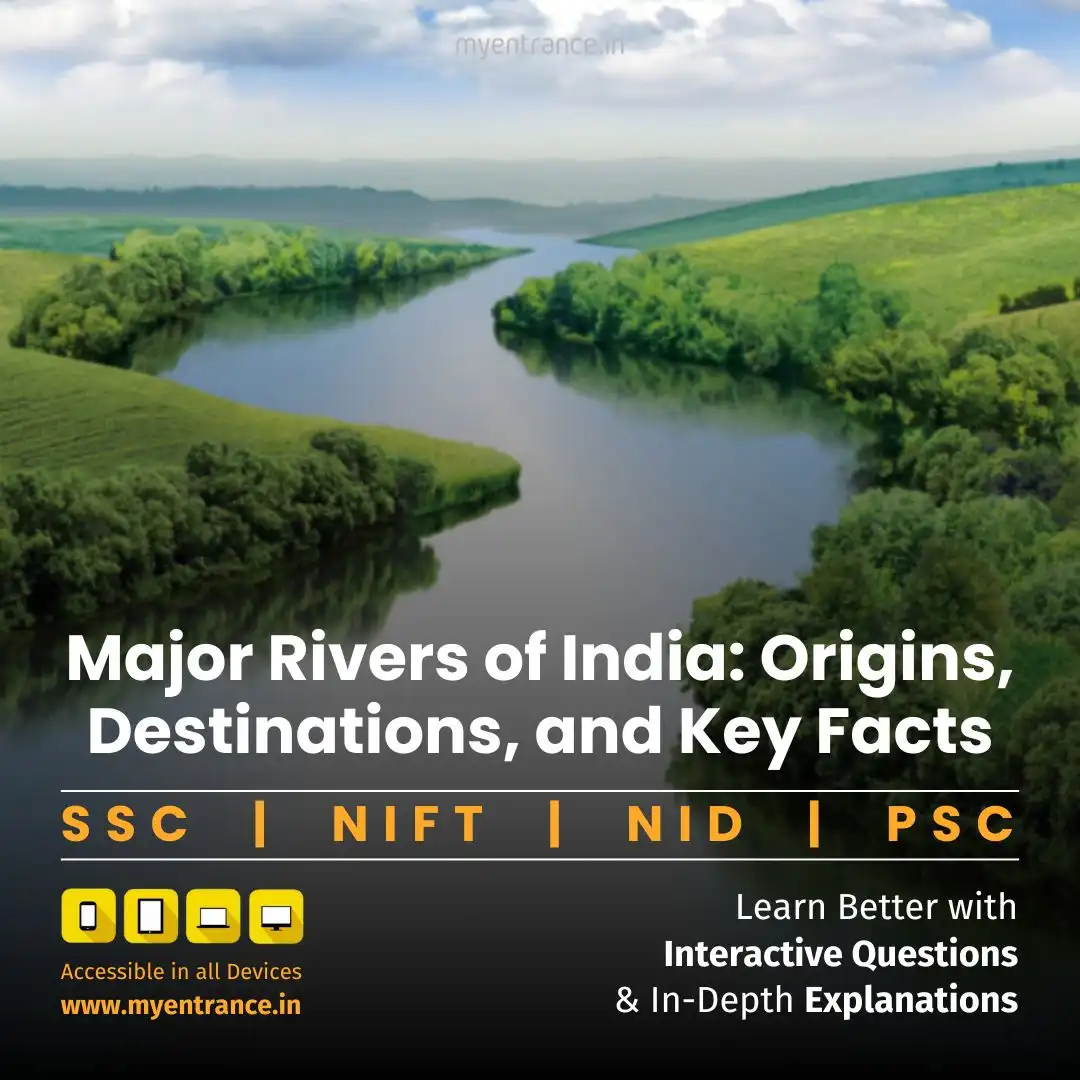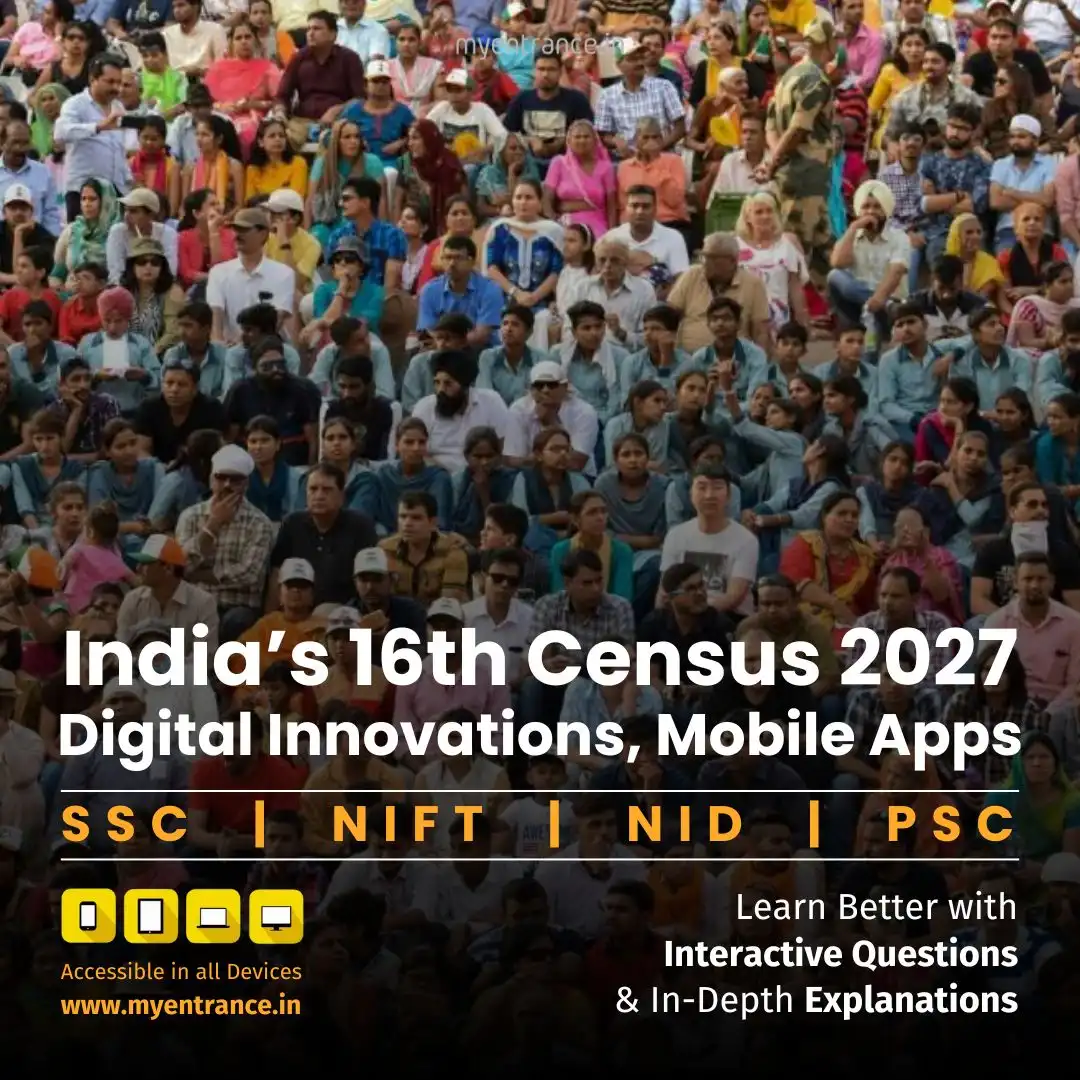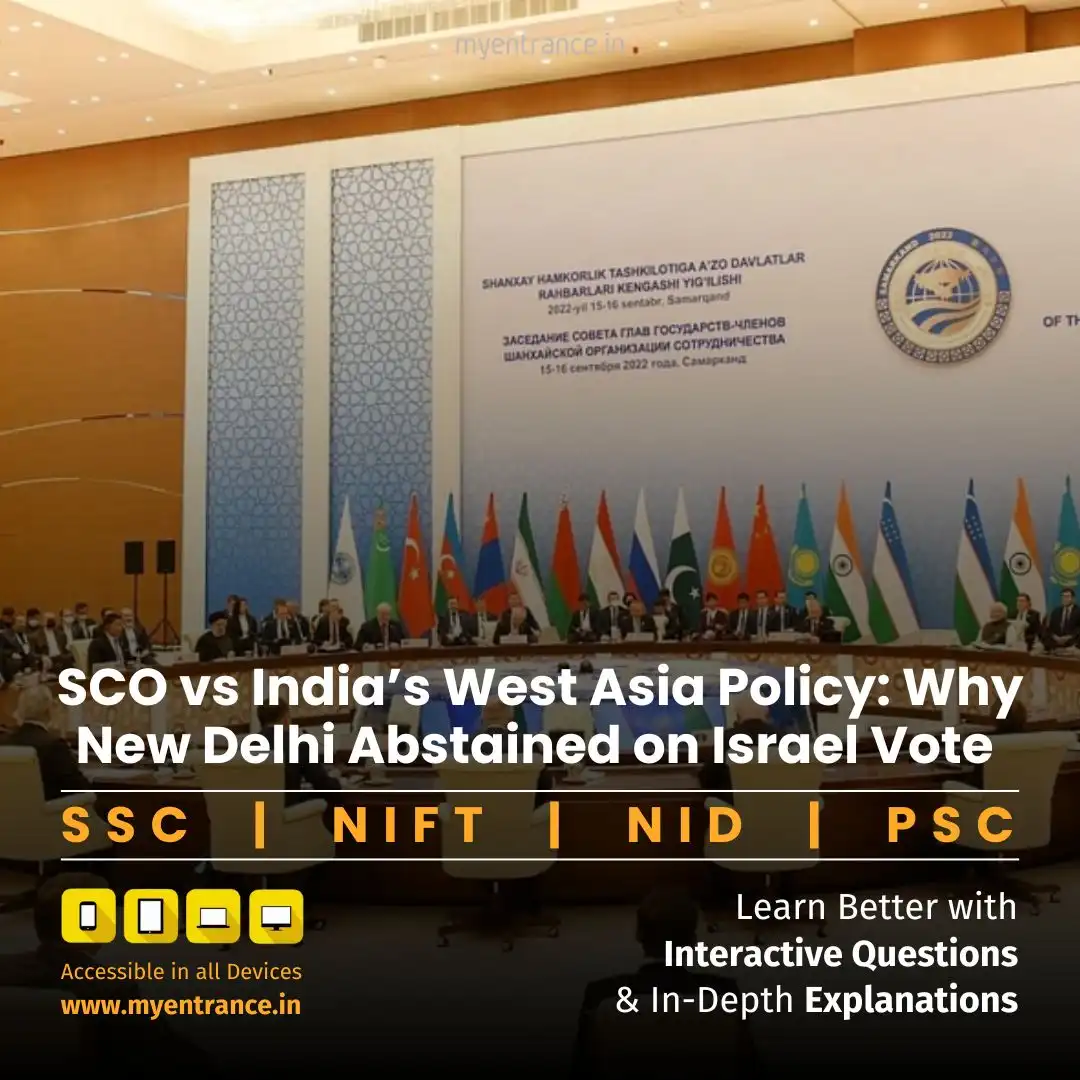Select Language
Oil Shockwaves: Iran-Israel War’s Trade, Inflation Risks for India | GK & Current Affairs
Escalating Iran-Israel tensions have triggered global market turmoil and oil price fears, directly impacting India’s trade and inflation outlook. For UPSC aspirants, understanding this conflict’s geopolitical roots and economic fallout is crucial for Prelims and Mains.
Why This Conflict Matters
The Iran-Israel clash isn’t just a West Asian crisis—it’s a test case for India’s energy security, diplomacy, and macroeconomic stability. With UPSC’s focus on “international relations” (GS-II) and “resource mobilization” (GS-III), this conflict intertwines key syllabus themes:
Global politics deinstitutionalization
Impact of developed-developing nation policies on India
Trade route vulnerabilities (Red Sea/Suez Canal)
Key Triggers of Current Escalation
April 2024: Israel’s airstrike on Iran’s embassy in Damascus.
Iran’s retaliation: First direct missile attack on Israel.
Israel’s response: Bombing of Iranian gas fields & nuclear facilities.
Collateral damage: Nuclear talks cancelled, Strait of Hormuz closure threats.
India’s 4-Point Economic Risk
Oil Shock:
85% of India’s oil is imported; 25% passes through Strait of Hormuz (Iran’s potential chokehold).
Goldman Sachs warns of Iranian supply drop by 1.75 million barrels/day – spiking prices.
LNG Crisis:
Qatar (India’s top LNG supplier) exports via Hormuz. Disruptions could cripple power/industries.
Inflation Threat:
RBI’s recent 50bps rate cut (leaning on low food inflation at 2.82%) faces reversal if fuel/transport costs surge.
Market Volatility:
Sensex plunged 573 points (April 19); investors fleeing to safe havens.
Trade Route Vulnerabilities
Red Sea/Suez Canal: Handles 12% of global trade. Attacks could force rerouting via Africa’s Cape of Good Hope – adding 7,000 km and 15 days to India-Europe shipments.
Bab-el-Mandeb Strait: Critical for India-Mideast trade; Houthi attacks already disrupt $200B/year Indian exports.
India’s Diplomatic Tightrope
Balancing Act:
Strategic ties with Israel (defense, tech)
Energy/connectivity interests with Iran (Chabahar Port, IMEC corridor)
Stance: Official calls for “de-escalation” but avoids condemning Israel – reflecting West Asia policy realism.
The IMEC Wildcard
The India-Middle East-Europe Economic Corridor (announced at G20) faces delays if conflict spreads. Key benefits at risk:
Faster India-Europe trade (40% quicker than sea)
Counter to China’s Belt and Road
Exam Focused Q&As
Q1: How could Iran-Israel tensions affect RBI’s inflation control?
A: Rising oil prices may reverse recent food inflation gains, limiting RBI’s ability to cut rates despite slowing growth.
Q2: Why is the Strait of Hormuz critical for India?
*A: 25% of global oil (including India’s imports from Iraq/Saudi) passes through it – closure could spike prices by 30-40%.*
Q3: Explain IMEC’s strategic importance amid Red Sea disruptions.
A: It offers an alternative land route from India to Europe via UAE-Saudi-Jordan, bypassing volatile sea lanes.
Q4: What is ‘axis of resistance’ in Iran-Israel context?
A: Iran-backed groups (Hezbollah, Houthis, Hamas) opposing Israel/US influence in West Asia.
Q5: How does this conflict reflect ‘deinstitutionalisation of global politics’?
A: UN/US failed to prevent escalation; regional powers (Iran/Israel) acting unilaterally, undermining multilateral frameworks.
Most Predicted Questions
Comprehensive study materials, Expert-guided tips & tricks, Mock tests and instant results.
Start your SSC, NIFT, NID, FDDI, PSC journey today with MyEntrance, your ultimate online coaching platform.
